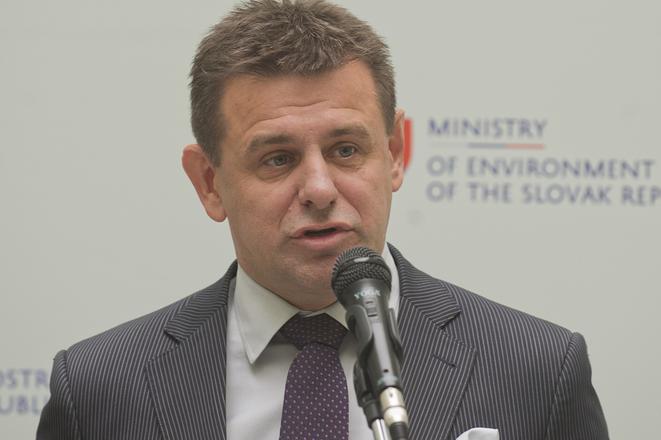Slovakia will have a study concerning low-carbon growth in Slovakia up to 2030 with a prognosis extending up to 2050.
This stems from an agreement on cooperation signed by Slovak Environment Minister Lászlo Solymos (Most-Híd) and the World Bank’s Country Manager for Bulgaria, the Czech Republic and Slovakia, Antony Thompson, in Bratislava on November 28.
The World Bank will help Slovakia to create and develop technical capacities for analyses in the area of climate change and power engineering and with preparing a low-carbon development study, said Solymos, as reported by the TASR newswire.
“I’m very glad that the World Bank, an international organisation with extensive experience in the area of low-carbon development and green growth, has accepted our offer and will act as our advisor and collaborator in the next 18 months,” the minister claimed, as quoted by TASR, adding that this will bring the government closer to fulfilling the commitments in its manifesto.
The study will serve as a foundation for developing the Slovak Low-carbon Development Strategy.
At the same time, the World Bank will help Slovakia set up and train a team of experts from other departments and professionals from the academic and university sectors, explained Solymos.
“I’m pleased that we can offer valuable experience to the ministry,” said Thompson, as quoted by TASR.
The World Bank has plenty of experience with similar types of projects and has a team of experts at its disposal. The aim of the project is to analyse possible scenarios for Slovakia’s low-carbon development in the medium and long terms via macroeconomic and energy models that are in line with the goals of the EU climate-energy framework.
The total cost of the project is €589,000, which will be covered from the state budget, TASR wrote.



 Environment Minister László Solymos (source: TASR)
Environment Minister László Solymos (source: TASR)